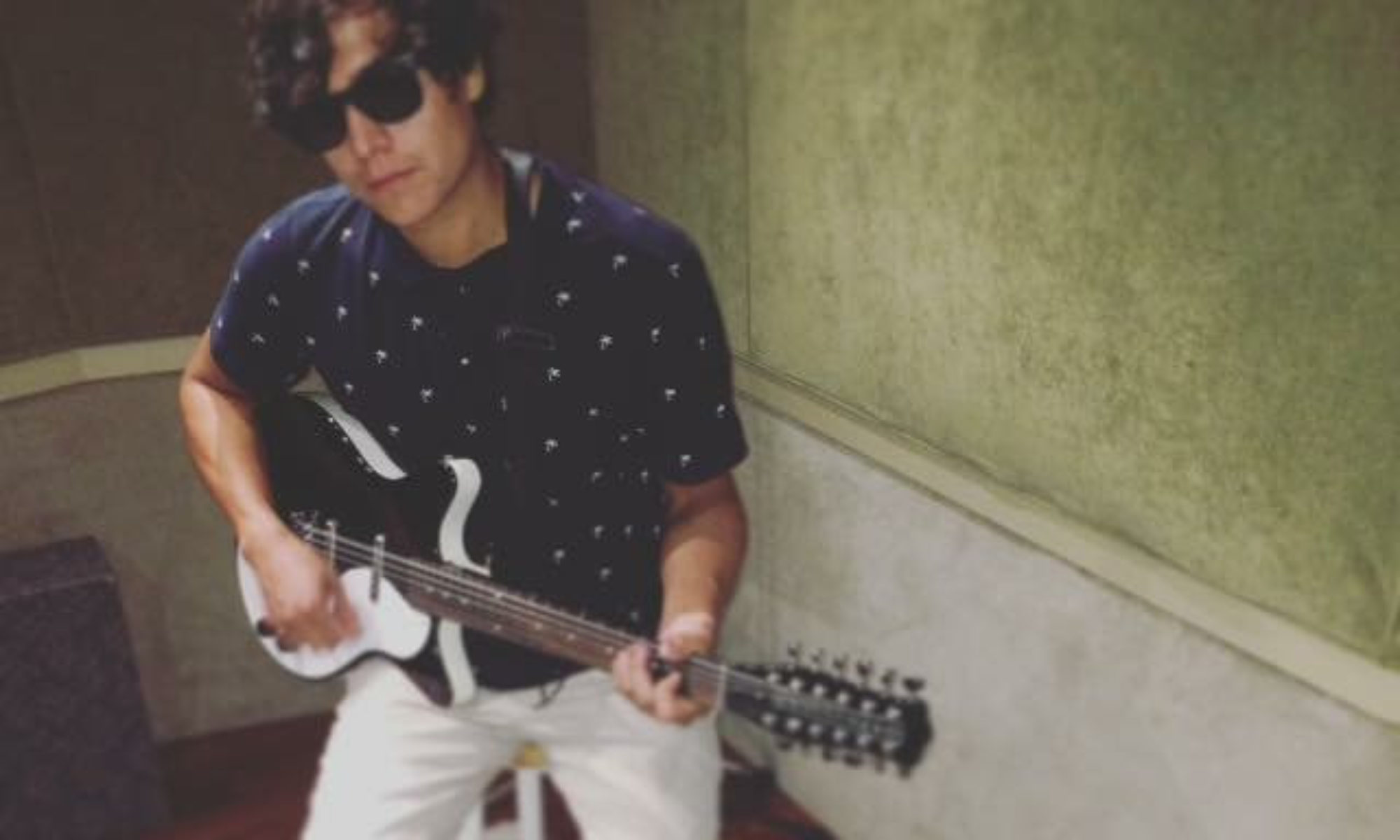Coming off the release of his latest effort, Good Morning Blues, Huot discussed the Vancouver scene and illustrated his ascension as a conscious artist with quite humble beginnings.
Spending many of his formative years in Manitoba, Huot attended the University of Winnipeg and Collège de Saint-Boniface before relocating to Vancouver in 2007. There he worked with local and national hip hop figures to release The Beginning in 2010, a full-length effort that impressed critics and fans en route to procuring a handful of Western Canadian Music Award nominations.
Cityreal’s style of hip hop is characterized best by Huot’s effortless flow and similarly fluid lyricism. His vocabulary is expansive and informed, while his mostly self-produced tracks are a healthy blend of underground sampling and live instrumentation.
This modern approach to crafting a hip hop record is manifest in Huot’s sophomore release, Good Morning Blues. Completed with blues guitar legend Wes Mackey, the two met in impromptu fashion at a now defunct upscale Vancouver restaurant called The Shore Club.
“It was one of the nicer restaurants in Van and Mackey played a one-man show there with just bass pedals and guitar,” explained Huot. “I asked my waitress if she could get his contact information for me, so we sat down for coffee and went from there.”sp
Their collaboration, released January 22, seriously elevated Cityreal’s status.
“Reception [for Good Morning Blues] has been massive,” said Huot with confidence. “It came together organically due to circumstance… [And] a succession of good luck has led to what the project is now.”
“Good luck” might be referencing Huot’s opportunity to record with one of Canada’s most well-known and vital hip hop ambassadors, Madchild. The fellow Vancouver native has already enjoyed a vibrant solo career and experienced critical success with group Swollen Members, but the chance to work together favoured both artists.
“Madchild was getting past his hardships when I met him,” said Huot, recalling the artist’s recent battle with oxycodone addiction. “He taught me what it takes to make it. He’s the most driven guy I’ve met in the industry.”
“It’s not about following in the footsteps of what’s out there,” explained Huot. “Swollen Members as a whole have taught me an incredible amount and I received a lot of insight into the drive and the energy that is needed to be successful in this game.”
Capturing that drive has facilitated a heightened political tone in Cityreal’s music. In the video for a remastered version of the album’s single “Passing Me By”–originally featured on The Beginning–Huot expressed a “collage of feelings” toward his city of Vancouver and its pervasive urban poverty and addiction.
“We filmed a Downtown East Side Neighborhood Council protesting awful living conditions for single-room occupancy dwellers,” he explains. “We wanted to make a link between the ongoing gentrification and the way things have been changing in the city over time.”
“The video speaks to that,” Huot believes. “You see a lot of self-serving talk in modern hip hop, and I tried to stay away from that. I saw an opportunity to be mutually beneficial to a cause that is important to me and to a lot of people.”
Yet despite Huot’s commitment to addressing systemic problems in his place of residence, he’s not getting caught up in the “scene,” either.
“To be completely honest,” he admits, “I don’t like to focus much on locality or the ‘take over your city’ mentality. The best hip hop has come from people who look beyond that, who look at the broader picture. Swollen in Vancouver and Drake and K’naan in Toronto did the same thing. I just try to take that type of approach and avoid getting pigeon-holed in the ‘scene.’”
Broadening his scope further yet, Huot already has a new record in the works.
Titled Lost in Vancouver, his third disc overall will be a collaboration with Bulgarian-Canadian composer, producer, and arranger Todor Kobakov, the Toronto-based contemporary musician who has completed string arrangements for some of Canada’s finest talent including Stars, Dan Mangan, Metric, and k-os.
“He’ll be doing 75 per cent of the string arrangements on the album,” confirmed Huot. “Once we’re done mapping it out, I’ll bring him back to Van and record a ten-piece string composition with the Vancouver Film Orchestra… It’ll be a big, epic sound with strings and piano, and we’ve already got Saukrates and Swollen Members on board, too.”
In the meantime, Cityreal is heading to Fort McMurray in northern Alberta to film a video. In the vein of his other aforementioned video, Huot hopes to expose both a political edge to his songwriting and an increasingly controversial national energy project that is the oil sands.
“Naturally, when I’m making a video it’s a lot less forced,” he suggested. “I can take time to plan the message and create more of a project to get a common message out.
“(In Fort McMurray) we’ll have our feet on the ground making an effort to show the devastation that’s going on up there. That was my reason for getting into music in the first place: to have a voice and to be heard. I’m very interested in politics and trying to enter the political arena… I’ll probably go back to school and work for a non-profit some day, but this is a real opportunity to bring a worthy cause to the attention of people everywhere.”
Huot did not have time to answer my obligatory question regarding the “state of the hip hop industry,” but in a way I’m glad he couldn’t comment. As it stands, Cityreal is a young and exciting new talent who, unconcerned with trends and the specter of material wealth, is poised for success and an enlightened career in hip hop.
“I make music to make good music,” he concluded. “Hopefully one day people will embrace it.”


